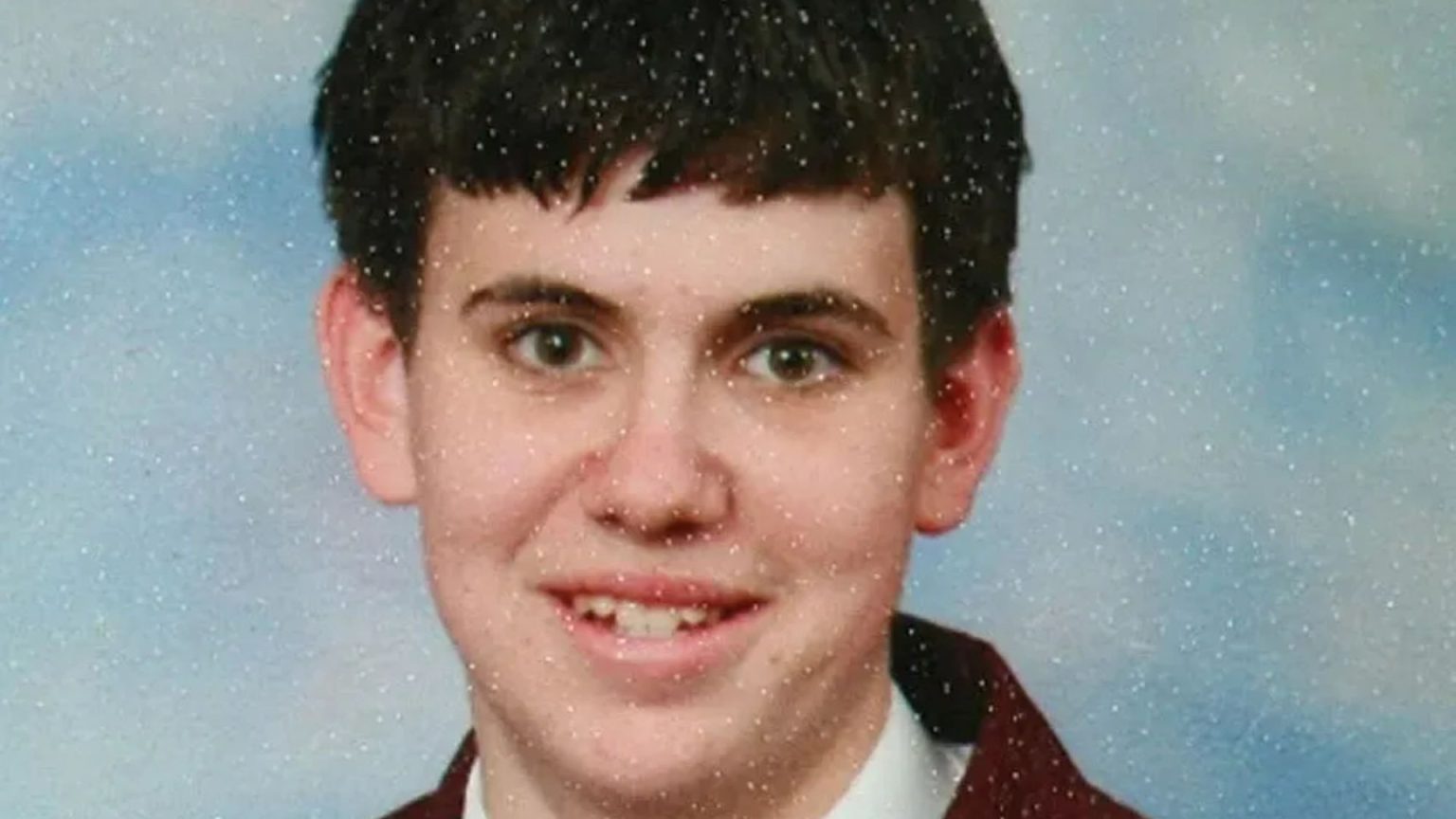The BBC finds itself embroiled in controversy following the revelation that it aired music by Jake Fahri, the convicted killer of teenager Jimmy Mizen. The corporation issued a defiant statement, claiming ignorance of Fahri’s identity and condemning his actions, while confirming only two tracks were played on BBC Radio 1Xtra. This defense, however, rings hollow, particularly given the violent and graphic nature of Fahri’s “drill” music which glorifies knife and machete use. Critics argue that the BBC, funded by a mandatory public license fee, bears a unique responsibility and should have exercised greater due diligence before platforming an anonymous artist with such violent lyrics. The Mizen family deserves an apology, they contend, and the Ministry of Justice should investigate whether Fahri’s lyrics constitute a breach of his probation conditions. The BBC’s belated removal of Fahri’s music from its website, while a necessary step, is considered insufficient and too slow a response given the gravity of the situation.
The BBC’s actions raise broader questions about the responsibility of publicly funded broadcasters in curating content. Their defense of ignorance regarding Fahri’s identity is difficult to reconcile with the explicit nature of his lyrics. The argument that only two tracks were played does little to mitigate the damage caused by providing a platform to a convicted murderer, particularly one whose music glorifies violence. This incident underscores the potential pitfalls of promoting anonymous artists without thorough background checks and careful consideration of the content they produce. The pressure on the BBC to issue a sincere apology to the Mizen family and to review its internal processes remains intense, especially considering its privileged position as a publicly funded institution.
Furthermore, the case highlights the complex debate surrounding artistic expression and its potential consequences. While freedom of speech is a cornerstone of democratic societies, the line between artistic license and the glorification of violence is often blurred. In this case, Fahri’s music, even if considered artistic expression by some, becomes deeply problematic given his criminal history and the explicit nature of his lyrics. The incident begs the question of whether platforms like the BBC have a duty to proactively prevent the dissemination of content that could be interpreted as inciting violence, even under the guise of artistic expression. This responsibility becomes amplified when considering the public funding and influential reach of the BBC.
Concurrently, the government faces criticism regarding its handling of the child grooming gang crisis. Initially dismissing calls for a national inquiry, the government then pointed to a previous limited probe as sufficient. Now, Home Secretary Yvette Cooper has announced a three-month “audit” to assess the scale of the crisis, alongside new local inquiries and the reopening of some cold cases. This approach, however, is viewed as inadequate, particularly given the geographic limitation to five areas, despite evidence suggesting a much wider problem across numerous localities. Critics also question the effectiveness of these inquiries without mandatory witness testimony. The government’s response is perceived as a panicked attempt to control the narrative and avoid a full public inquiry, which could expose systemic failures and potentially implicate political figures and officials.
The underlying concern is that a full public inquiry might reveal a deeply uncomfortable truth about the failures of political and social institutions to protect vulnerable children. The fear is that such an inquiry could expose a culture of denial, a misplaced emphasis on political correctness, and a reluctance to acknowledge the role of cultural factors in these crimes. The restricted scope of the proposed investigations, and the absence of mechanisms to compel witness testimony, fuel suspicions that the government is prioritizing damage control over genuine accountability. The call for a comprehensive, independent inquiry, with the power to compel testimony, remains a central demand from victims’ advocates and concerned citizens.
Finally, Kemi Badenoch’s candid stance on immigration, particularly her assertion that migrants unwilling to embrace British life and culture should leave, has sparked debate. Her frankness, a departure from the often-criticized cautious language of political discourse, is seen by some as a refreshing change. Her position aligns with a segment of the population concerned about the integration of immigrants and the potential erosion of British culture. Badenoch’s willingness to address these concerns directly, while potentially controversial, has resonated with those who feel their anxieties have been ignored by mainstream politics. Her apology for the Conservative Party’s commitment to Net Zero without a clear funding plan further underscores her commitment to transparency and accountability, potentially contributing to rebuilding trust in the party.











